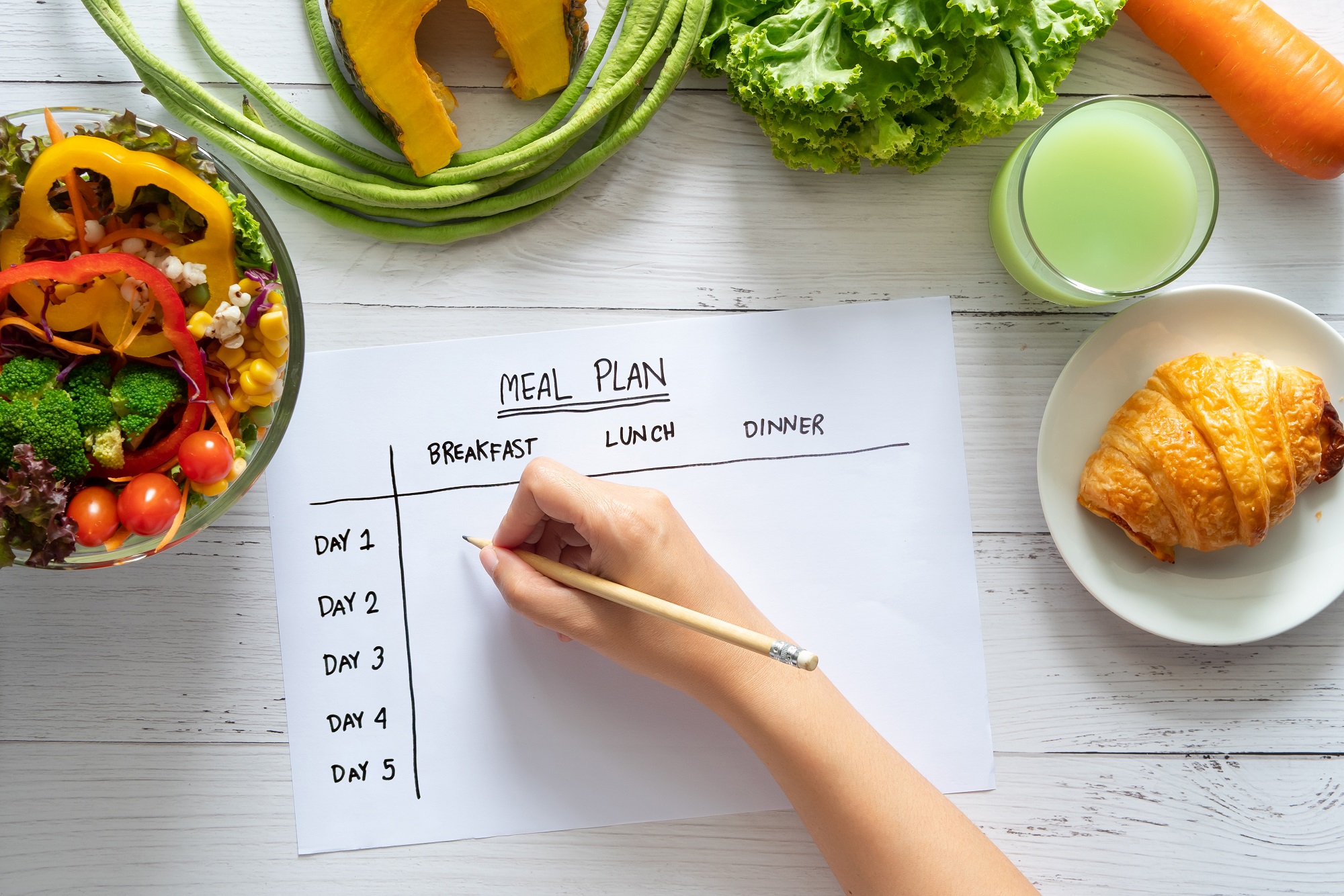The ideal diet plan to lose weight should include enough calories and sufficient nutrients but should not be devoid of any type of food, especially processed foods. This diet should be accompanied by regular physical activity to help burn excess calories. Some methods that are popular include the 16/8 method whereby you fast for 16 hours a day and eat only for eight hours, or the 5:2 method, where you only eat 500-600 calories on two days a week. Fasting is a good way to lose weight, but you should avoid eating too much during the period of eating.
Men should eat 1,500- to 1,800-calorie daily diet plan
For losing weight, Harvard Health Publications recommend that men should eat at least 1,500 calories a day. This will ensure that you maintain a caloric deficit and avoid overeating. To stay within the recommended daily calorie allowance, you should also use an online calorie counter. This will help you maintain your caloric deficit and ensure that you get all the essential nutrients.
A 1,500 to 1,800-calorie daily dietary plan for men is suitable for men who want to lose weight. While many men are skeptical about consuming tofu or animal products, this plan can offer substantial health benefits for a healthy man’s body. If you’re not losing weight, try eating a smaller amount of food each day and following a healthy diet plan.
As a general rule, men should eat between two and three thousand calories daily. However, if you are physically active, you may need more than three thousand calories. Eating between 1,500 and 1,800 calories a day can result in a 500 to 1,000-calorie deficit each day, and as little as a pound of body fat can be lost per week. However, this diet plan for men isn’t perfect because your metabolism reacts to calorie intake differently.
Processed foods pack extra calories
If you’re trying to lose weight, you need to cut down on processed foods. These foods are packed with calories, salt, and fat, and their packaging is often full of added sugars and ingredients that are not healthy for you. You also need to read the nutritional labels on processed foods to understand how much sugar is in your favourite processed foods. Look for a green or amber label, because this means the food is more nutritious.
The sodium content of processed foods is also high. Potato chips contain 545 calories per 100g while a plain baked potato only has 95 calories. Potato chips are also processed and contain added sugars, while even “healthy” foods like eggs and milk have a higher calorie content. You can also look for naturally low-sodium cheese, such as goat cheese or brick cheese, instead of processed cheese. You should also steer clear of processed cheese, including American and cheddar cheese, and cheese spreads.
Exercise helps burn excess calories
Regular exercise is essential to losing weight. It helps burn calories for energy and continues to do so long after the workout. In other words, you get more calories burned by exercising than you do by drinking a chocolate shake. And you’re more likely to stick to your plan if you exercise regularly. Whether it’s brisk walking or running, aerobic exercise increases metabolic rate for up to 24 hours.
A healthy diet plan requires both exercise and dietary changes. A combination of both will help you burn excess calories, which is what a diet plan should aim for. While a low-calorie diet is important for weight loss, exercise helps create a calorie deficit and promotes weight loss. According to Andrea Whitson, a clinical dietitian at Santa Clara Valley Medical Center and a certified aerobics instructor, a combination of diet and exercise is necessary to achieve a calorie deficit and lose weight.
Plant-based diets are easy to maintain
In addition to being low-calorie, plant-based diets are also loaded with fiber. Fiber fills you up and doesn’t add extra calories. A plant-based diet can help you achieve your daily fiber requirement of 40 grams. This diet is low in fat and calories because 1 gram of fat is equivalent to nine calories, while 1 gram of carbohydrate is equal to four calories.
The health benefits of eating a plant-based diet are numerous. A plant-based diet is high in fiber, which keeps you fuller longer, preventing those unhealthy mid-morning snack cravings. Moreover, plant-based diets limit unhealthy saturated and trans fats. These benefits may result in a cyclical effect in your health. Studies have shown that a plant-based diet reduces body weight and blood pressure. It also reduces the number of medications you need for chronic diseases.

